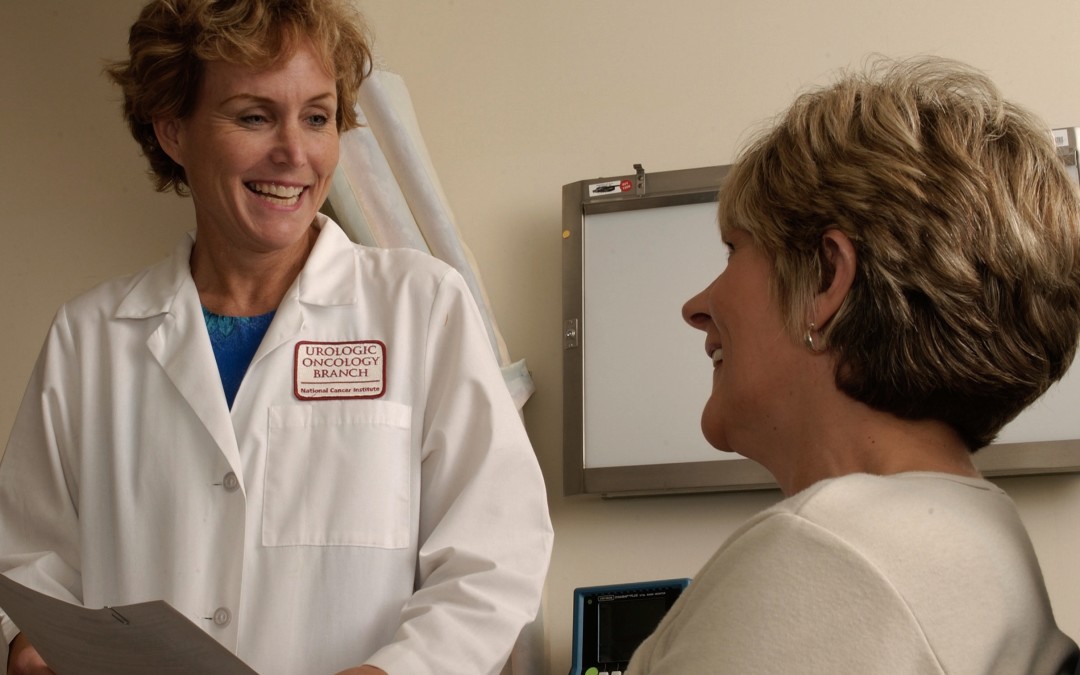Visiting a doctor is a scary thought for many Americans, even if you’re not sick. In general, it can bring out anxiety in even the calmest person. That shouldn’t be the case. Going to the doctor should be a pleasant experience. It’s a place where you get informed and heal. Fear of going to your doctor shouldn’t be a reason why illness goes untreated or undetected.
In order to help you get over this fear and unpleasantness, there are some things that you can do before and during your visit to make your trip to the doctor more enjoyable.
Find The Right Doctor
Your doctor should be someone you trust. Your health insurance will offer you a network of doctors you can visit. Don’t just pick the first on at the top of the list. Do your research.
You can start by reaching out to your friends and family. Get recommendations from people you trust, just like any other product/service decision you might make. You want to trust your doctor, so if someone you know trusts them, that’s a great first step. If the doctor isn’t in your network, that could be a dead end. Or you can find out what of insurance you need to go to that doctor. Chances are that if you cast a wide enough net, your friends will offer a recommendation that someone will be in your network.
Research the doctors on your own. Sites like RateMDs and Vitals are made specifically so individuals can review doctors for the benefit of others. Even Yelp will help you get information about your local doctors. Do a search for “doctors in [zip code]” and you’re bound to come across a Yelp review.
After you find a doctor you like on paper, schedule a visit. If you don’t feel comfortable with the doctor, find a new one. Having a doctor is too important to skip because you’re not comfortable and afraid to go.
Be an Active Participant in Your Visit
Sometimes people put themselves in full control of their doctor and expect him or her to make all the decisions. But you have to remember that it is your body and your health. You should always be prepared to ask questions. In fact, you should prepare yourself to do ask questions before your appointment.
Before your visit, make sure you think about your visit and what you want to accomplish and learn. Write some notes to remind you of what to ask. Terrie Wurzbacher, M.D. suggests that you “keep a symptom diary.” Keep the time and dates of the symptoms you want to discuss with your doctor.
Also, write down your medications and dosages, or take the prescription bottles with you. Don’t just say, “I take a little yellow pill” when you’re asked what medicines you’re taking. Know the name of all your medicines. Or at the very least have a list of medicines, the dosages and how you take them. Know when you had your last tests and immunizations (flu, pneumonia, etc.).
Tell your doctor everything. Did you read that last sentence? Tell your doctor everything. Don’t hold back. The more information your doctor has, the better handle he or she can have on your health. Let the doctor decide what’s important or what isn’t. The patient/doctor relationship is like any other relationship. You need an open means of communication. Better communication will make your visits more pleasant because there will be no unpleasant surprises.
Reduce Your Fear and Embarrassment
Fear and embarrassment (of your particular health condition or of being naked for your exam) are common feelings when in a medical setting. You’re not the only one with those thoughts.
Clinical psychologist Jeffrey Bernstein, PhD presents some good advice that may help you overcome your anxiety. Bernstein states that a way to overcome anxiety is to actually challenge your own anxiety by thinking differently about it.
Bernstein suggests using the words “I’m doing it anyway” (or using similar words) as a way to challenge your anxiety and “create a new reality.” For example, a phrase you can say to yourself is “I’m nervous about my doctor’s visit tomorrow, but I’m going anyway.”
By saying these words to yourself and actually meaning them, you’ll force your brain to think in a way that is not just dictated by your anxiety. You shift your anxiety to being more controlled by you instead of it controlling you. Yes, we know. This is all easier said than done. But you don’t have anything to lose by trying this method. There are also other ways to reduce anxiety. These include breathing techniques and meditation.
Take Control
By maintaining control of your emotions you’ll have a better chance at being an alert and active participant in the conversation with your doctor. You’ll also minimize the potential of giving false vital sign readings. Did you know there is a condition called the white coat hypertension or white coat syndrome which causes a surge in blood pressure readings when you’re at a doctor’s office? This condition affects around twenty percent of the population and its roots are in the anxious feelings we get when visiting medical facilities.
Visiting your doctor shouldn’t be a scary experience. It should be a safe place for you. Much of your anxiety can be assuaged before you even get to the doctor’s office. Finding a doctor your trust, being an active patient, and working on your anxieties will help you make it through your doctor’s appointment. Always remember that it’s important that you always have as much clear information about your health as possible.
Sources

